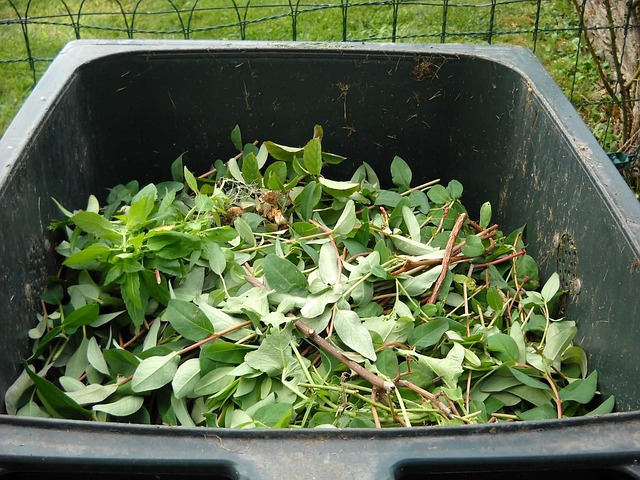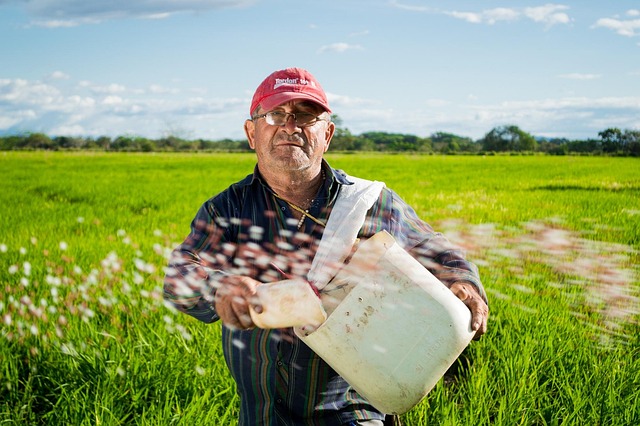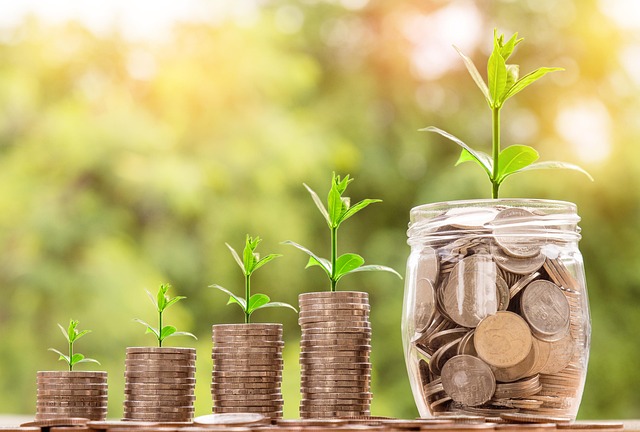Gardening is not just a hobby; it’s a commitment to nurturing nature and embracing eco-friendly practices that benefit the environment. One of the most effective ways to achieve this is through composting, a practice that transforms kitchen scraps and yard waste into nutrient-rich soil amendments. As we cultivate our vegetable and fruit gardens, we have a unique opportunity to minimize waste and enhance the health of our plants, ultimately supporting a greener planet.
When you think about composting, envision a bustling ecosystem right in your backyard. It’s a natural process where organic matter decomposes, breaking down into rich humus that can rejuvenate the soil. By composting, we divert waste from landfills, reduce greenhouse gas emissions, and create a sustainable cycle that nourishes our gardens. Imagine the satisfaction of knowing that the peels from your last meal are now part of the vibrant life of your vegetable patch, helping your tomatoes and peppers thrive.
Incorporating composting into your gardening routine can significantly reduce your carbon footprint. Rather than discarding organic waste, you can repurpose it and return nutrients to the earth. A compost bin serves as a small sanctuary for microorganisms and worms that thrive on kitchen scraps, grass clippings, and leaves. Creating a compost pile or using a compost bin allows you to harness the power of nature, turning waste into a valuable resource for your garden.
As you begin your composting journey, consider the type of materials you can include. Fruit and vegetable scraps, eggshells, coffee grounds, and even paper towels are excellent compost materials. However, it’s crucial to avoid adding meat, dairy products, and oily foods as they can attract unwanted pests and create odors. By sticking to plant-based scraps and carbon-rich materials like dried leaves or cardboard, you’ll create a balanced compost mix that promotes healthy decomposition.
Once your compost is ready, the benefits are immediate and visible. You’ll notice your vegetable and fruit plants thriving in the nutrient-rich soil, exhibiting lush green foliage and bountiful yields. Compost improves soil structure, increases moisture retention, and enhances the soil’s ability to support plant life, ultimately leading to healthier crops. The joy of harvesting your homegrown tomatoes, cucumbers, and strawberries, knowing they were nurtured by your eco-conscious efforts, is an unparalleled reward.
Furthermore, composting is not just about your garden; it’s a vital connection to our environment. By embracing sustainable gardening practices, we contribute to a healthier ecosystem. The more we understand the importance of composting, the more we can educate others about green practices. Schools, community gardens, and local organizations can all benefit from composting initiatives, creating a ripple effect of eco-awareness and fostering a sense of community responsibility.
Incorporating composting into your gardening routine is an act of love for both your plants and the planet. It’s an easy and effective way to promote environmental sustainability while enjoying the fruits of your labor. As you stand in your garden, surrounded by the scents of fresh herbs and ripening fruit, you can feel the impact of your actions. With composting, you’re not just growing food; you’re cultivating life, biodiversity, and a deeper connection to nature. So grab that compost bin, roll up your sleeves, and start turning waste into the gift of nourishment for your garden!




